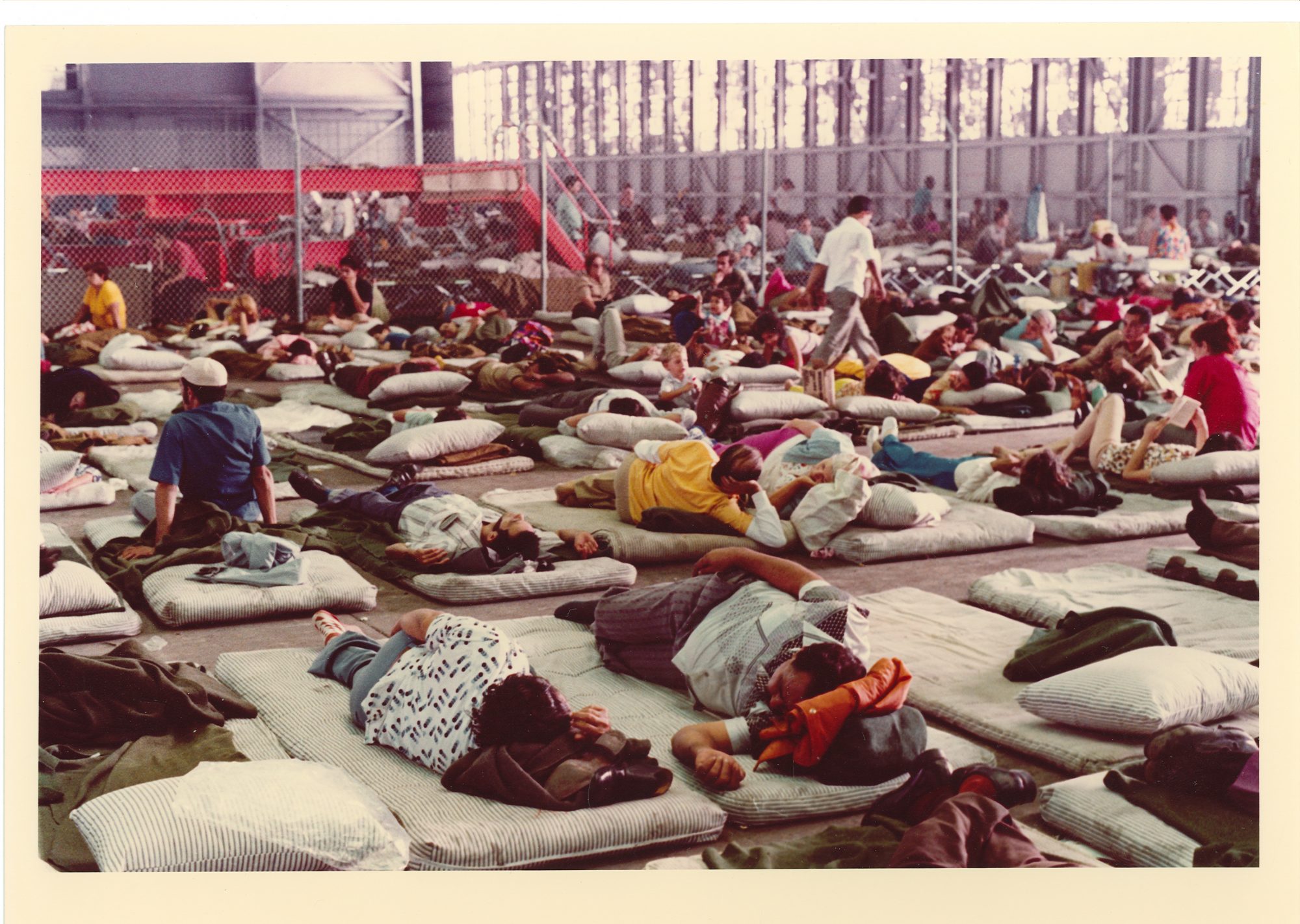
Peter Edgar
The Center for Free Enterprise at Florida Southern hosted another installation of its speaker series on Tuesday, with a speaker much closer to home than past ones.
Dr. José Manuel García, who is the director of the Modern Languages program, published his book of oral histories on the 1980 Mariel Boatlift in English last year. The book, which is a companion to an award-winning documentary on the same topic, has led him to speak at various universities.
“There is actually very little written about it and the Cuban people are not told about it,” García said.
García hopes that his work will share the stories of the people who were involved in the boatlift and bring awareness to the truth about Cuba’s economic and political system. When he does presentations, he typically does them from a historical, not a political, framework because people don’t even have a working knowledge of the events themselves.
The Mariel Boatlift began in 1980 after the Peruvian embassy in Cuba decided to grant asylum to six people who drove a bus through its gates to get in. Within a week, more than 10,000 people arrived at the compound also hoping to be granted asylum, and Fidel Castro, then leader of the Cuban government, decided to allow people to leave.
García himself was one of those people: he and his family left Cuba when he was 13 years old. His story is one of the first recounted in his book, ‘Voices from Mariel,’ and he directed anyone wishing to know more to it.
In all, 125,000 people left Cuba for the United States, the effects of which are still being studied and discussed. For García, the exodus put a lot of things into question in regards to whether the Cuban system was working.
“Politicians in the United States were asking, ‘is the Cuban model good?” García said. “They had a supposed great economy… there was heavy censorship and the government had created a mental face.”
The Mariel Boatlift, in the eyes of the international community, put socialism into question and revealed a lot of unhappy Cubans, according to García. Even since then, the Cuban government has done much to cover up the events.
At the talk, García related a number of events that occurred to him both before he left Cuba in the first place and when he returned to Cuba after 30 years to film his documentary. The process, he said, wasn’t easy.
“There was a catch; Cuba is ruled by a dictatorship,” García said. “Doing a documentary in Cuba was not going to be like in the United States.”
The filming, García described, was “underground.” He used the word ‘tanteo,’ meaning ‘to feel out,’ when he described the process of deciding what taxi driver to take: he knew he would need someone who wouldn’t give the documentary crew away.
Though García was careful, he continued to meet new people and old acquaintances whose stance had changed to be opposed to the Castro regime. He offered two examples, one childhood friend and one security guard, who both told him that he was fortunate enough “to have parents that had the vision to take [him] out of there.”
García did much to describe the culture of fear that the Castros used to rule Cuba, beginning with televised executions after their rise to power. The reason that they have maintained power with such few insurrections (one) over the course of their rule was the use of censorship, community surveillance and political indoctrination within the entire system.
“In Cuba, foreigners are aliens… your relatives that left, that are outside, are seen as enemies,” he said. He met someone on the street who was a cousin of his, “and when I told her that, she turned around and walked away. I found out it was because she was married to a government official.”
The question-and-answer portion of García’s talk became the main platform from which he decried socialistic systems. “In order to maintain power, they have to repress,” García said. “I’ve seen it: the destruction of the individual. You either fight the system or succumb to the system, and it takes a toll on you.”